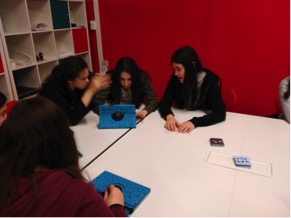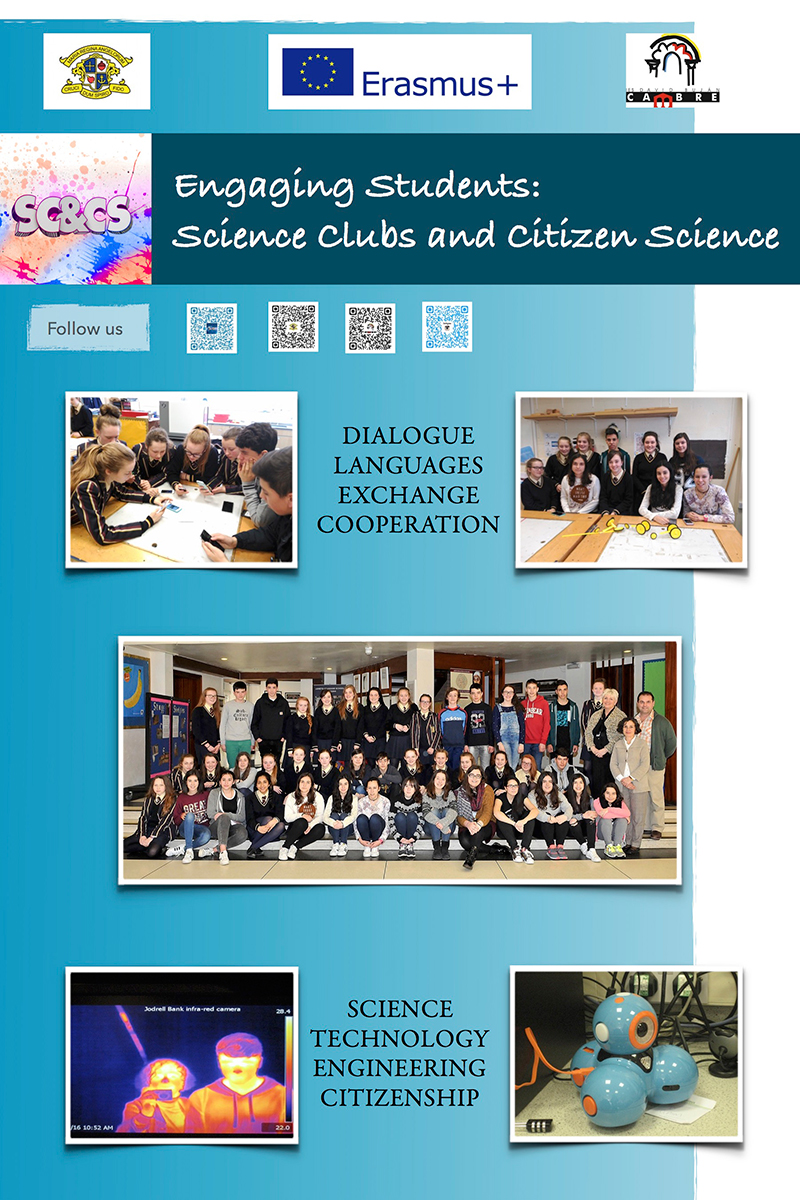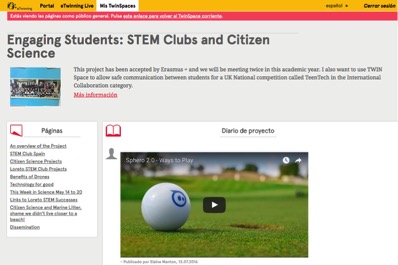Many studies have highlighted an alarming drop of the youth interest in Science and Technology. Despite the actions carried out to revert this tendency, the signs for a better scenario in this respect are still rather dim. Unless more effective initiatives are taken, innovation and research in Europe can be seriously damaged. This is why the European Commission has designed a new way to apply the know-how and the good practice which can boost young people’s interest in Science and Technology. The “Rocard on Science Education” report points out that their lack of interest is due to the way Science is taught at school. In this context, whereas the educational community agrees teaching methods based on inquiry are more effective, reality tells us that in most European classrooms these methods are not always used.
The need to get a better Science education has a central role within “Lisbon Europe 2020 Strategy”, “Rocard” report and “Science Education for Responsible Citizenship” The introduction of inquiry in schools and the creation of work nets by the teachers involved should launch and stimulate Science and Technology education.
Our project seeks a better Science education following the guidelines in the reports mentioned above through the following actions:
- Use inquiry to enhance interest in Science and Technology.
- EXchange good practice experiences carried out in each school by means of virtual communication channels, work nets, meetings and mobility actions to improve competences in Technology and foreign languages.
- Increase the use of ICT at school through virtual learning for the students and pedagogical support for teachers.

Both schools are developing projects related to science, ICT and foreign languages; both are moving forward in this respect and, with this project we are presenting, we would like to contribute with some new innovative methodologies using foreign languages through ICT tools.
The project is innovative because we use inquiry learning in Science and Technology in English. The outcomes of the project are published in two languages (Spanish and English) on the “Virtual Science Hub” (vishub.org) and they can be openly accessed by teachers and students worldwide to guarantee it will be sustainable, duplicated and transferred not only meanwhile the project is active but also once it has finished.
The essence of the project will consist of making questions and looking for answers applying the inquisitive method, in two different languages and about Science and Technology issues. Both content learning and the development of mental and hands-on skills are required for a quality Science education. Inquiry learning is focussed on processes to investigate the natural and material world, and it makes us question, observe and contrast our observations to acquire new knowledge. The inquisitive method, as a part of Science education, tries to mirror what is done in actual research.
Drawing significant learning from experience requires thinking, deliberating, comparing your own results to others’, interpreting observations and data, and the application of new ideas to different contexts. All this can help students to perceive the world in a better light. It will certainly improve their ability to think in different languages and cultural contexts.



